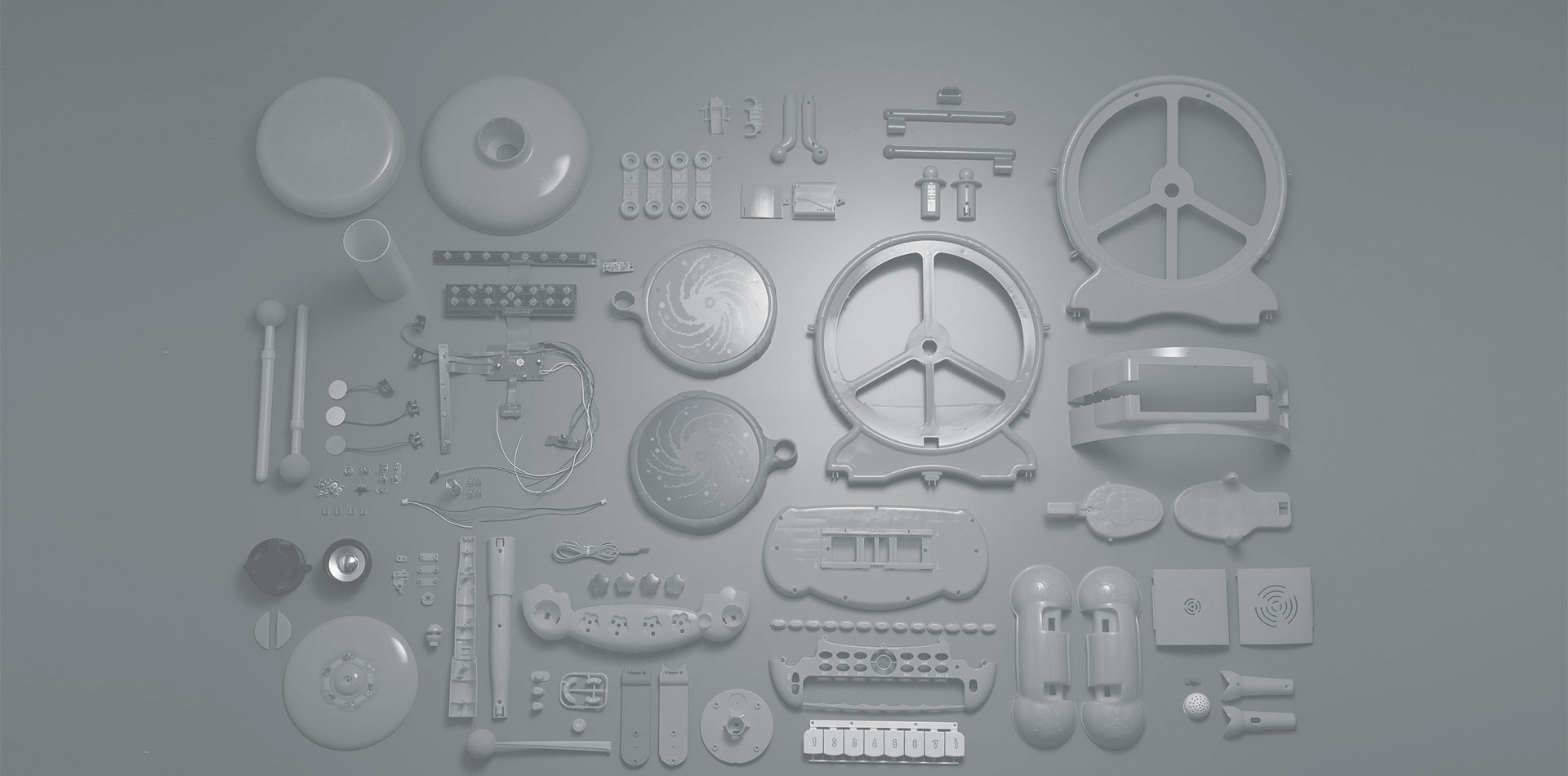Unlocking Potential: The Power of Cognitive Development Toys
Release time:
2025-06-21
Cognitive development toys are designed to stimulate a child's mental processes, including memory, problem-solving, reasoning, and understanding of concepts. These toys serve as critical tools for cognitive growth, encouraging children to engage in imaginative play, explore new ideas, and develop essential skills that will benefit them throughout their lives. One of the primary benefits of cogniti
Cognitive development toys are designed to stimulate a child's mental processes, including memory, problem-solving, reasoning, and understanding of concepts. These toys serve as critical tools for cognitive growth, encouraging children to engage in imaginative play, explore new ideas, and develop essential skills that will benefit them throughout their lives.
One of the primary benefits of cognitive development toys is their ability to encourage critical thinking. Toys such as puzzles, building blocks, and creative construction sets require children to analyze, plan, and execute their ideas, promoting logical reasoning. As kids manipulate these toys, they learn to recognize patterns, make predictions, and solve problems, which are foundational skills in cognitive development.
Moreover, these toys often introduce various concepts such as colors, shapes, numbers, and letters in a fun and engaging manner. By interacting with toys designed for cognitive learning, children can develop early math and literacy skills. For instance, toys that combine counting with play promote numerical understanding while enhancing fine motor skills.
Another essential aspect of cognitive development toys is social interaction. Many toys are designed for group play, allowing children to collaborate, communicate, and share ideas. This social engagement is vital as it helps children learn teamwork, negotiation, and conflict resolution, which are crucial for their emotional and social development.
Additionally, cognitive development toys can aid in enhancing memory. Memory games, for example, challenge children to remember positions, colors, or sequences, thus training their brains to retain information better. As children progress through different levels of these games, they build confidence in their cognitive abilities, preparing them for more complex tasks in the future.
When selecting cognitive development toys, it's essential to consider the age-appropriateness and the specific skills you wish to nurture. Different stages of childhood involve varying cognitive capabilities, and toys should match these developmental milestones. For instance, younger children may benefit more from toys that emphasize sensory exploration, while older children might thrive with more complex problem-solving challenges.
In conclusion, cognitive development toys are invaluable resources for fostering a child's intellectual growth. They not only enhance cognitive skills but also lay the groundwork for lifelong learning and problem-solving abilities. By providing children with the right tools to explore their cognitive potential, parents and educators can significantly impact their development and prepare them for future challenges. Investing in these toys can lead to an enriching and stimulating environment where children can thrive and learn effectively.
One of the primary benefits of cognitive development toys is their ability to encourage critical thinking. Toys such as puzzles, building blocks, and creative construction sets require children to analyze, plan, and execute their ideas, promoting logical reasoning. As kids manipulate these toys, they learn to recognize patterns, make predictions, and solve problems, which are foundational skills in cognitive development.
Moreover, these toys often introduce various concepts such as colors, shapes, numbers, and letters in a fun and engaging manner. By interacting with toys designed for cognitive learning, children can develop early math and literacy skills. For instance, toys that combine counting with play promote numerical understanding while enhancing fine motor skills.
Another essential aspect of cognitive development toys is social interaction. Many toys are designed for group play, allowing children to collaborate, communicate, and share ideas. This social engagement is vital as it helps children learn teamwork, negotiation, and conflict resolution, which are crucial for their emotional and social development.
Additionally, cognitive development toys can aid in enhancing memory. Memory games, for example, challenge children to remember positions, colors, or sequences, thus training their brains to retain information better. As children progress through different levels of these games, they build confidence in their cognitive abilities, preparing them for more complex tasks in the future.
When selecting cognitive development toys, it's essential to consider the age-appropriateness and the specific skills you wish to nurture. Different stages of childhood involve varying cognitive capabilities, and toys should match these developmental milestones. For instance, younger children may benefit more from toys that emphasize sensory exploration, while older children might thrive with more complex problem-solving challenges.
In conclusion, cognitive development toys are invaluable resources for fostering a child's intellectual growth. They not only enhance cognitive skills but also lay the groundwork for lifelong learning and problem-solving abilities. By providing children with the right tools to explore their cognitive potential, parents and educators can significantly impact their development and prepare them for future challenges. Investing in these toys can lead to an enriching and stimulating environment where children can thrive and learn effectively.

Guangdong Baoli Cultural Development Co..Ltd
NO.2 Cross-west Qujian Road, Fengxin Gangkou Industrial Park, Fengxiang in Chenghai District, Shantou City, Guangdong Province, China
Copyright © Guangdong Baoli Cultural Development Co..Ltd







